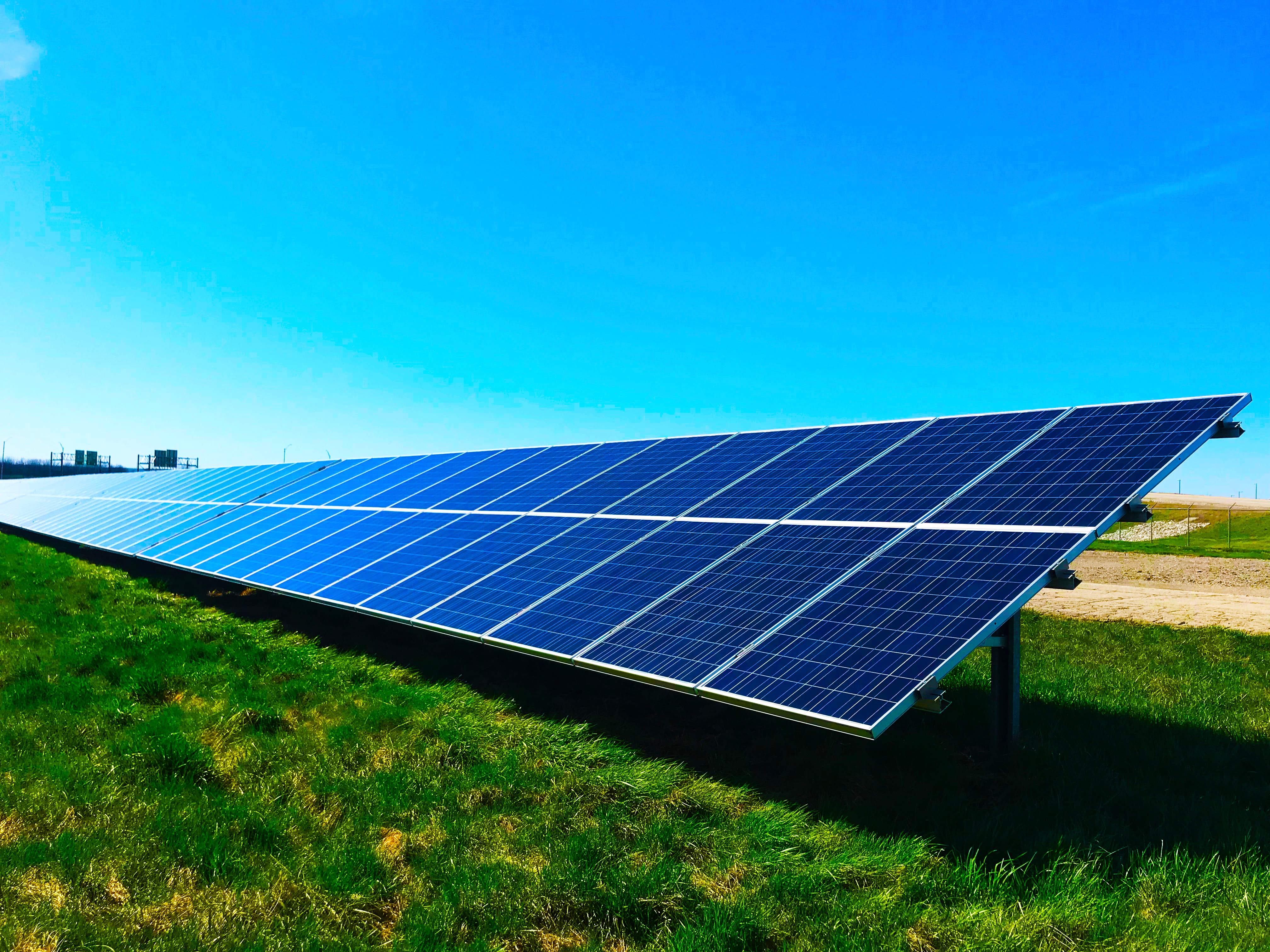DIGITAL LIFE

Elon Musk's Internet is sold to prospectors in Yanomami land by illegal gold buyers
The internet owned by Starlink, owned by billionaire Elon Musk, is sold to virtual groups of miners who operate illegally in the Yanomami Indigenous Land (RR). The service is provided via satellite and offers one of the highest connection speeds in Brazil, even in remote areas far from large centers.
In a WhatsApp group that brings together miners from Roraima, the Starlink antenna – Musk's SpaceX arm – is resold for up to R$9,500, almost four times the price charged on the company's website. Also "inflated", the monthly fee offered to miners reaches R$ 2,500(local currency), ten times more than the value of the company's basic plan.
In Brazil there are no inspection mechanisms for the use of the internet for illegal activities in the Amazon. But reselling the service violates Elon Musk's company rules.
Starlink's terms of use make it clear: "you may not resell access to the Services to any third party as a stand-alone, integrated or value-added service under this agreement". The norms, available on the company's website, do not provide for punishment for those who break the rule.
The same WhatsApp profiles that resell Starlink's internet advertise the purchase of gold and cassiterite illegally extracted from the Yanomami Indigenous Land. They are, therefore, part of the illegal mineral trade chain, which, without adequate supervision, moves billionaire figures in the country.
Brasil de Fato asked Starlink's legal representative in Brazil, Vitor Urner, if the company intends to curb the resale of antennas. He said via email that he is not authorized to issue public statements. Starlink does not provide contacts for the press office.
Starlink got to gold miners first...Musk's Starlink isn't the only internet resold in virtual groups of miners. The report also found advertisements for Viasat, an American company that provides equipment and services for military and commercial communications in the United States. In Brazil, Viasat provides internet to rural areas with authorization from the National Telecommunications Agency (Anatel).
Marketed by prospectors in Roraima since November last year, Elon Musk's internet arrived for the first time in a Yanomami community two weeks ago. On January 31, the company's antenna was installed in a health center in the Surucucu region, one of the most affected by mining in the Yanomami Indigenous Land.
Junior Yanomami, an indigenous leader in the region and president of the Urihi Yanomami Association, told the g1 portal that the moment was "a historic milestone", since until then communication was done only by radio.
Internet was vital for the expansion of gold mining...Indigenous leaders and specialists have already told Brasil de Fato that the internet was vital for gold mining to gain the current scale in the Yanomami territory. The connection helped increase the "productivity" of the activity, compared to the illegal mining model that had been taking place in the territory for 30 years.
In addition to the internet, various services are offered through WhatsApp and Facebook groups, from transportation in illegal mining areas to the sale of mercury, a toxic substance that poisons rivers and is used in the purification of gold.
Bolsonaro government interfered in Anatel to favor Starlink...Starlink's arrival in Brazil was marked by irregularities. In 2022, Brasil de Fato revealed that the government of Jair Bolsonaro (PL) interfered with the National Telecommunications Agency (Anatel) by authorizing the operation, in Brazilian territory, of Starlink satellites.
When he was in Brazil to announce the start of Starlink's operation in the country, Elon Musk stated that he intended to provide internet for 19,000 schools in remote areas of Brazil. In September last year, three months after the announcement, the service had reached only three schools in the metropolitan region of Manaus (AM).
Since then, there has been no announcement of the expansion of the educational project. Brasil de Fato asked the Ministries of Education and Communications if the initiative is still in progress, but there was no response until the publication of the report.
Starlink violated Anatel's rules...At the time of implementation in the country, Starlink's business model disrespected Anatel's rules and the Consumer Protection Code. The company did not inform customers of the company's address or corporate name, which violates the Agency's rules. The information was published in September 2022 by Folha de S. Paulo.
So far, there are no records of lawsuits with Starlink's name in the public database made available by Anatel. The report asked the regulatory agency if the company has suffered any sanctions or if there are ongoing administrative procedures to investigate the irregularities. If there is a response, the text will be updated.
Edition: Thalita Pires(https://www.brasildefato.com.br/)

No comments:
Post a Comment